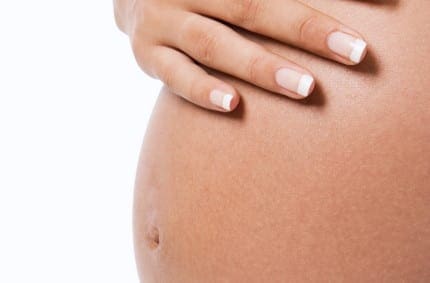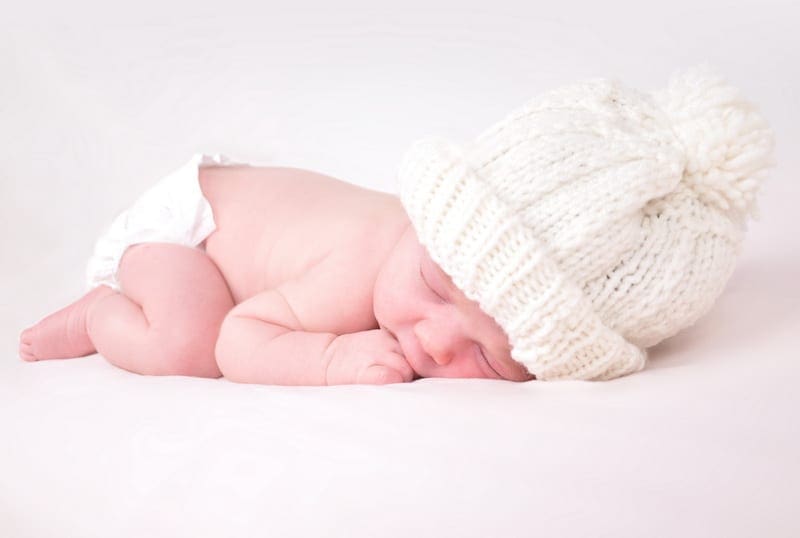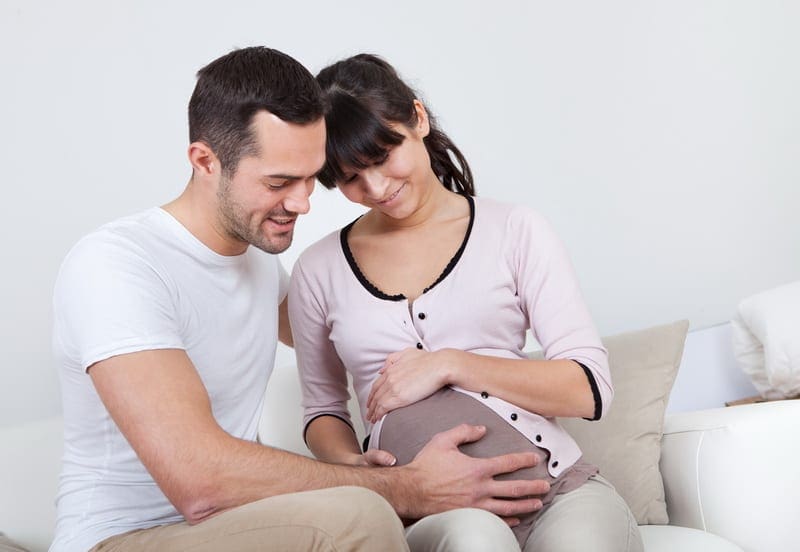More and more people are breeding golden retrievers these days because of the dogs’ fun, affectionate, loyal, and friendly features. Golden retriever puppies are very salable in any pet shop because no customer can resist their cute and chubby faces!
Breeding golden retrievers is a lot of work – it’s not as carefree as it sounds. It can be very challenging, especially if you don’t have the skills to do it well. This is a business that should be taken seriously if you want to be successful.
So how do you deal with a golden retriever pregnancy?
Pregnancy in dogs usually lasts between 60 and 62 days. You can expect to see some transparent discharge from the dog’s vulva a few days after mating. However, if the discharge is cloudy or discolored, or if you see any blood, it’s important to take the dog to the vet for a checkup. Cloudy or tainted discharge may be a sign of infection that needs to be treated immediately.
Pay close attention to your dog during her pregnancy, and be on the lookout for any signs that something may be wrong. It’s perfectly normal for dogs to feel lazy during the first few weeks of pregnancy, and this may also be accompanied by morning sickness. However, if you notice that your dog seems unnaturally weak, is unable to move on her own, or has an elevated temperature, it’s best to see a veterinarian immediately so that her condition can be assessed.
Pregnant dogs often have changing appetites, just like pregnant women. Your dog may always seem hungry, or she may be picky about certain foods. If she turns out to be picky, it is best to find the right food for her to eat. The first thing a pregnant golden retriever needs is adequate nutrition.
If you aren’t sure if your dog is pregnant, the best thing you can do is take her to the vet for a professional opinion. They will likely order a blood test to check for the presence of a pregnancy hormone or perform an ultrasound to check for any signs of a heartbeat.
As your dog’s pregnancy progresses, you’ll notice that she’ll start to round out or get more fat. Additionally, her nipples will become swollen in preparation for the milk the puppies will need when they’re born. So don’t be overly concerned if you see your golden retriever getting fatter.
During pregnancy, your golden retriever may become less affectionate and may want to stay in a quiet place more frequently. This is the mother’s natural reaction to pregnancy, so it’s best to leave her alone. She may also start exploring other areas of your home where she thinks it would be safe to give birth.
Caring for a pregnant golden retriever may not be as easy as it sounds, but after you’ve seen the pups and the mother after giving birth, it can be a rewarding feeling. You may have to deal with some unexpected challenges along the way, but once you’ve made it through to the other side, it will all be worth it.











